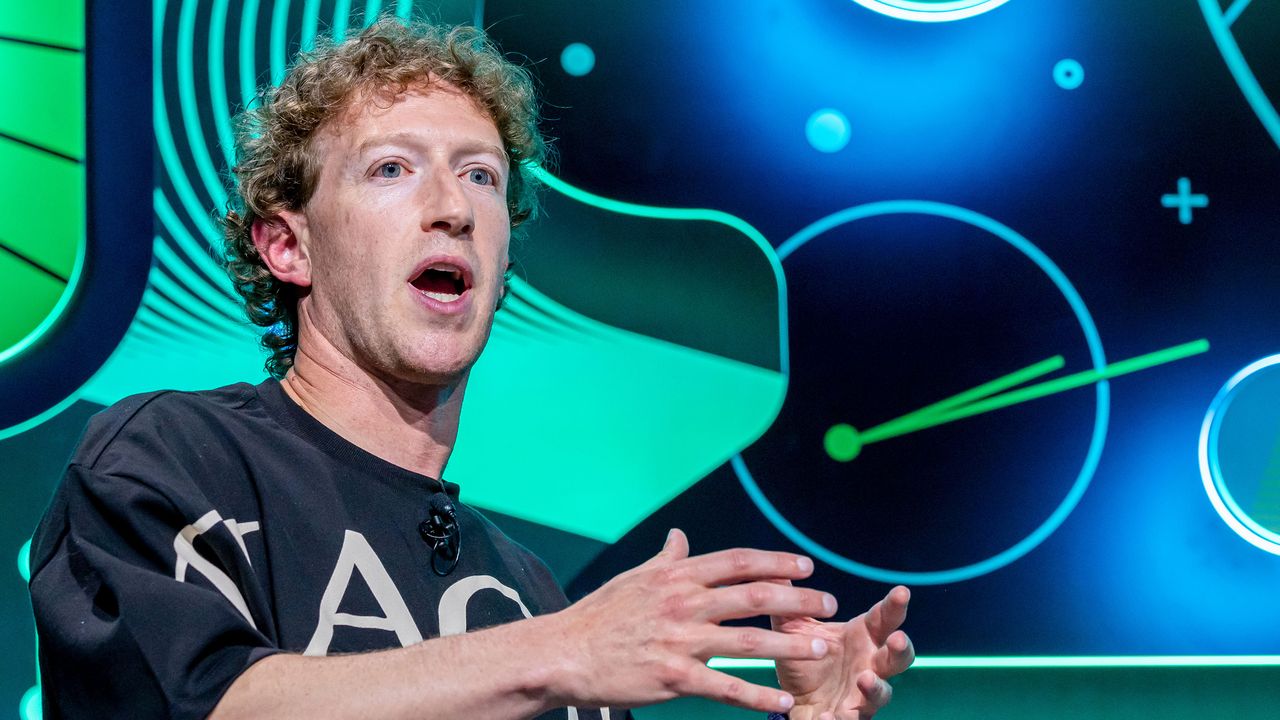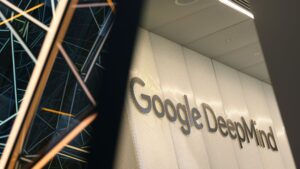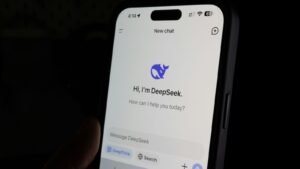Meta AI Employees Determine Over 7 Million Books Have No ‘Economic Value’

Meta AI and Copyright Issues: The Debate Over Pirated Books
The Problem with Piracy in AI Training
In discussions about using pirated books for training AI, opinions are mixed. A firsthand query to Meta AI resulted in a clear stance: using pirated books is not permitted and violates copyright laws. This perspective is reflected in the uproar from writers and authors, particularly after reports surfaced that Meta allegedly used millions of pirated books to develop its AI systems. This situation has escalated into significant controversy within the literary community.
Shifting Perspectives in AI Responses
After my initial query, the AI’s responses became less definitive. It began to present the issue as more nuanced, acknowledging the complexity of copyright laws. Companies like Meta assert their actions fall under “fair use,” while others argue these practices are illegal and infringe on copyrights. Such conflicting viewpoints have shown how generative AI can produce varying answers, which Meta refers to as “hallucinations” in AI responses.
Legal Battles Unfolding
The legal implications of these actions are significant. Meta is currently involved in a copyright lawsuit related to its AI, specifically a case known as Richard Kadrey et al. v. Meta Platforms, which has been ongoing in California. The plaintiffs, including well-known authors like Andrew Sean Greer, Junot Díaz, and Sarah Silverman, have accused Meta of unlawfully using their works to train its AI, claiming that Meta downloaded countless pirated copies without obtaining the necessary permissions.
In their motion for summary judgment, the authors stated that it is “undisputed” that Meta acquired these books over the internet for free, maintaining that the corporation did not want to pay for the copyrighted material. Meta, on its end, argues that its AI training methods are "transformative", which it believes qualifies as fair use under the law.
Fair Use: A Contested Concept
The defense of fair use involves navigating a challenging landscape. While Meta maintains that its AI product, Llama, transforms the content into a new form of technology, critics push back against this notion. A brief filed by the Association of American Publishers contends that simply reproducing and encoding text into an AI model does not fulfill the criteria of being transformative, as it lacks the elements of critique or commentary typically required for fair use.
The Broader Legal Context
Meta’s case is not an isolated incident; it is one of over 16 lawsuits surrounding copyright issues with generative AI technologies. Other notable cases include musicians suing for unauthorized use of their lyrics and visual artists challenging AI firms for using their artworks. These proceedings probe deep questions regarding the value of creative work and what it implies when it is commodified in the digital age.
High-Profile Participants and Controversies
This lawsuit has drawn attention due to the caliber of the plaintiffs involved. Individuals like Pulitzer Prize winners and acclaimed authors have positioned themselves against a powerful corporation, adding weight to the legal arguments. Recently, notable attorney Mark Lemley left the case, citing his discomfort with Meta’s corporate practices and direction. His departure highlights the internal conflicts surrounding Meta’s AI strategies.
Additional complications occurred when Meta attempted to suppress the promotion of a tell-all memoir from a former employee, a move that further alienated the literary community from the tech giant. Well-known authors and activists involved in this case, like Ta-Nehisi Coates and Jacqueline Woodson, have contributed to the growing narrative against using pirated materials.
Legal Twists and Implications
Interesting dynamics in the case also come from defense arguments suggesting that Meta’s employees or anyone else did not engage with the downloaded works in a typical reading manner. This statement might shift focus away from the ethical considerations of using pirated content and instead emphasize technicalities in legal arguments.
As this case and others like it evolve, the outcomes could set critical precedents for how copyright laws apply to the rapidly advancing world of artificial intelligence. The debates over piracy, fair use, and the rights of creators are central to understanding the future of creativity in the digital age.






